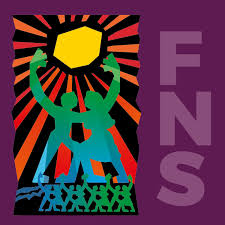
Region: Central America
Language: English
Year: 2016
Source: Draft chapter for Global Health Watch 5
Author(s): Susana Barria
Summary: Between 1999 and 2003, trade unions in the Salvadoran Institute of Social Security (ISSS) launched two massive campaigns against privatisation of the services through outsourcing, the largest mobilisation in post civil war El Salvador, that lead the government to stop its plans; they also created the base of the Foro Nacional de la Salud (FNS), a permanent forum for consultation and democratic decision-making in health, organised thematically and territorially. FNS is autonomous from political parties, economically independent, fulfils a role of social audit over the health system and information to the public and the Ministry of Health (MoH). FNS is a formal institution, but it is not a legally registered organisation. NGOs, especially those involved into service delivery, are the outreach arm of the FNS into communities, but NGO professionals do not represent the community in the FNS local structures. FNS does not have infrastructure, paid staff or its own funds. Funds are raised through consortium funding and coordination between organisations part of the FNS. FNS is run on the political commitment of organisations that constitute it to give time, meeting space and infrastructure support. The FNS is independent of MoH, but the formalisation of each new chapter is attended by the Vice-Minister for Health Policies, which gives the institution a strong legitimacy. In addition, there are established channels of communication, consultation and negotiations between the two institutions. Each side share their perspective and sometime there are disagreements. At the local level, FNS point persons are involved in hospitals complaints and suggestion box, the regular administrative meetings of hospital and primary care network.
For more information on this experience, please write to [email protected].
Key practices: structure and organisation; advocacy, campaigns, communication; alliances and cooperation; mutual learning, knowledge generation; transferable skill-building

